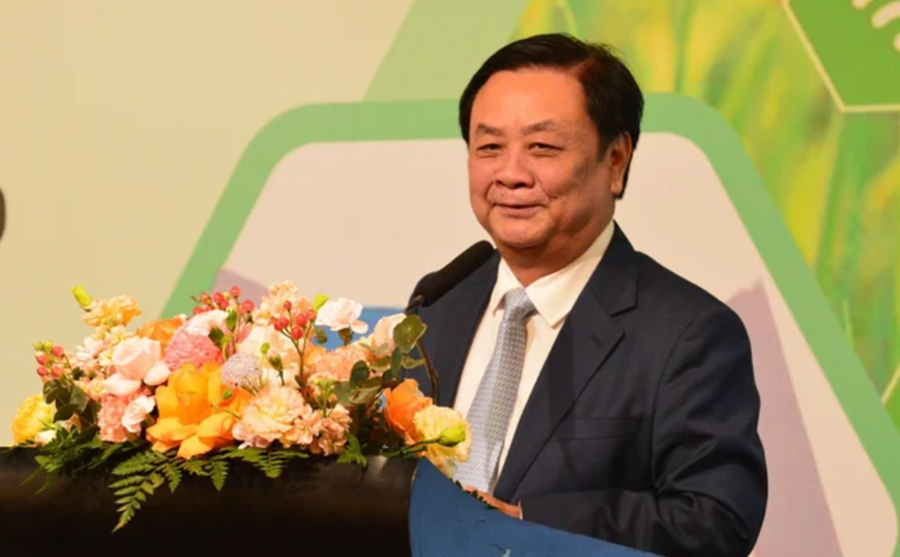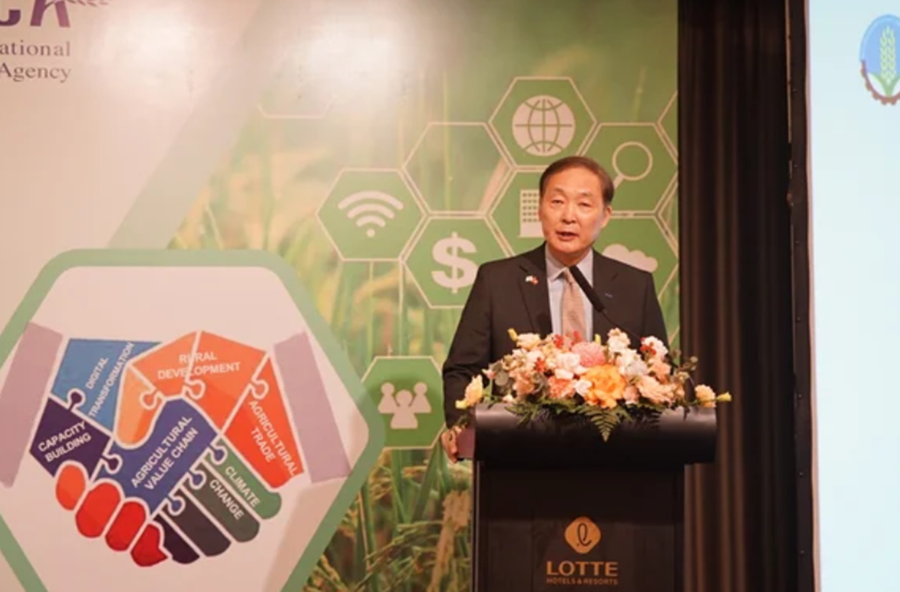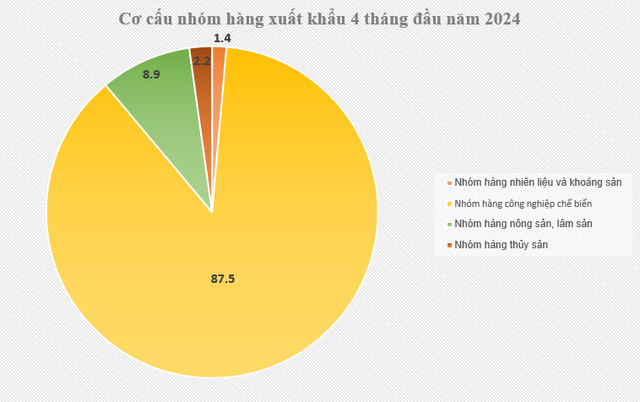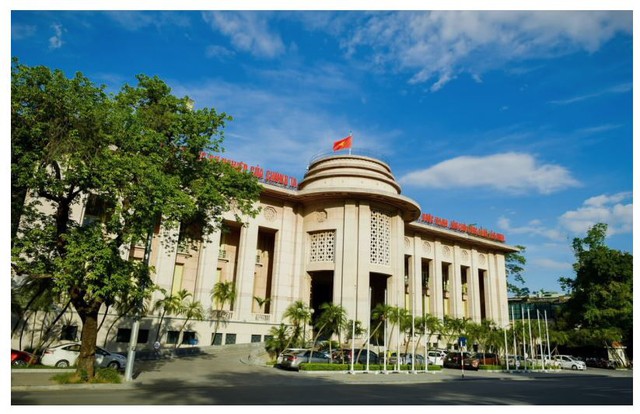Speaking at the conference on “Vietnam-Korea cooperative vision in agriculture and rural development for the period 2024-2030” on March 18, 2024, Minister of Agriculture and Rural Development Le Minh Hoan emphasized: “In recent years, Vietnam and Korea have elevated their relationship to a strategic partnership and achieved remarkable development in various fields such as trade, investment, culture, education, agriculture, and rural development.”
AGRICULTURAL COOPERATION OPPORTUNITIES
According to Minister Le Minh Hoan, the agricultural and rural development cooperation between Vietnam and Korea in recent years has achieved impressive results, recognized by the governments of both countries.
Specifically, the two countries have focused on technology transfer for the development of biofuel crops, high-quality vegetable varieties, edible and medicinal mushroom production technology, safe food production, tropical fruit development, promoting agriculture, and applying industry 4.0 in agriculture. They also aim to boost the trade of their agricultural products.
However, Minister Le Minh Hoan pointed out that agricultural cooperation between the two countries is still modest and there is still room for further development. The COVID-19 pandemic has changed the strategies of countries to ensure food security, diversify the agricultural supply market, and seize new market opportunities. This is a good opportunity for Vietnam and Korea to evaluate and propose cooperation strategies in research and development, attracting investment, and promoting the trade of agricultural products between the two countries.

The Minister also expressed gratitude to KOICA for supporting the construction of the report “Vietnam-Korea cooperative vision in agriculture and rural development for the period 2024-2030”.
In addition to traditional cooperation programs and projects, the Minister believes that the Vietnam-Korea cooperative vision for agriculture in the period 2024-2030 needs to further leverage the comparative advantages of both sides. It is necessary to diversify forms of cooperation, from technical assistance and technology transfer to new investment models such as public-private partnerships, joint ventures, and value chain linkages. Moreover, it is important to encourage and attract investment in agriculture, and enhance the quality and value of agricultural and aquatic products between the two countries.
On the Korean side, Mr. Chang Won Sam, Chairman of the Korea International Cooperation Agency (KOICA), stated that agriculture continues to be a key area of cooperation between the two countries and is supported by a common long-term strategy.
The future cooperation between Vietnam and Korea in agriculture includes digitization, climate change adaptation, technology application, and the development of digital technologies such as AI. The purpose of these cooperations is to improve the income of Vietnamese farmers and ensure the sustainable development of agriculture.
“To attract foreign direct investment in agriculture in the long term, it is necessary to study and propose effective solutions for the use of ODA funds,” recommended Mr. Chang Won Sam.

With efforts to bring stability and prosperity to the people, the Korea International Cooperation Agency (KOICA) will support projects for the development of agriculture in Vietnam, including improving value chains, promoting market linkages, enhancing production capacity, and marketability of agricultural, forestry, and fishery products. It will also focus on the sustainable development of rural areas and support the construction of climate change-adaptive and environmentally friendly production networks.
Vietnamese Agricultural Products Account for 5% of Korea’s Import Market Share
During the conference, experts and delegates presented arguments and discussions on the comparative advantages as well as the diversification of cooperation and investment forms. They evaluated the current situation of cooperation between the two countries.
Mr. Nguyen Anh Phong, Deputy Head of the Institute of Policy and Strategy for Agriculture and Rural Development (IPSARD), stated that Korea is the 3rd largest trading partner and export market of Vietnam.
The bilateral trade between Vietnam and Korea has increased by over 150 times, from USD 0.5 billion in 1992 to USD 76 billion in 2023. Korea is also the largest investor in Vietnam with a total foreign investment registration capital of USD 81.997 billion by the end of 2022, accounting for 18.24% of the total foreign investment capital into Vietnam. Vietnam is also one of the largest ODA recipients from Korea…
Regarding agriculture, the value of Vietnam’s agricultural, forestry, and fishery exports to Korea has tripled from 2010 to 2023. In 2022, Korea imported USD 51.57 billion worth of agricultural, forestry, and fishery products, in which Vietnam is the 5th largest supplier, accounting for about 5% of Korea’s total imported value of agricultural, forestry, and fishery products.
However, Mr. Phong emphasized that agricultural trade between Vietnam and Korea still faces several limitations, such as Vietnam’s agricultural exports to Korea accounting for a modest proportion, mainly in the form of raw and unprocessed products with low value.
In addition, Korea has high requirements for food safety and technical standards, while the importing capacity of Korea still faces limitations in terms of technology. On the other hand, Korean agricultural products face some difficulties when exporting to Vietnam. High-value Korean agricultural products are difficult to access by low- and middle-income households in Vietnam.
Ms. Lee Hye Jin from Konkuk University (Korea) stated that it is necessary to build a vision for Vietnam-Korea agricultural cooperation, especially in the context of ongoing changes in Vietnam’s and the international policy and economic environments. This requires a new cooperation strategy.





































